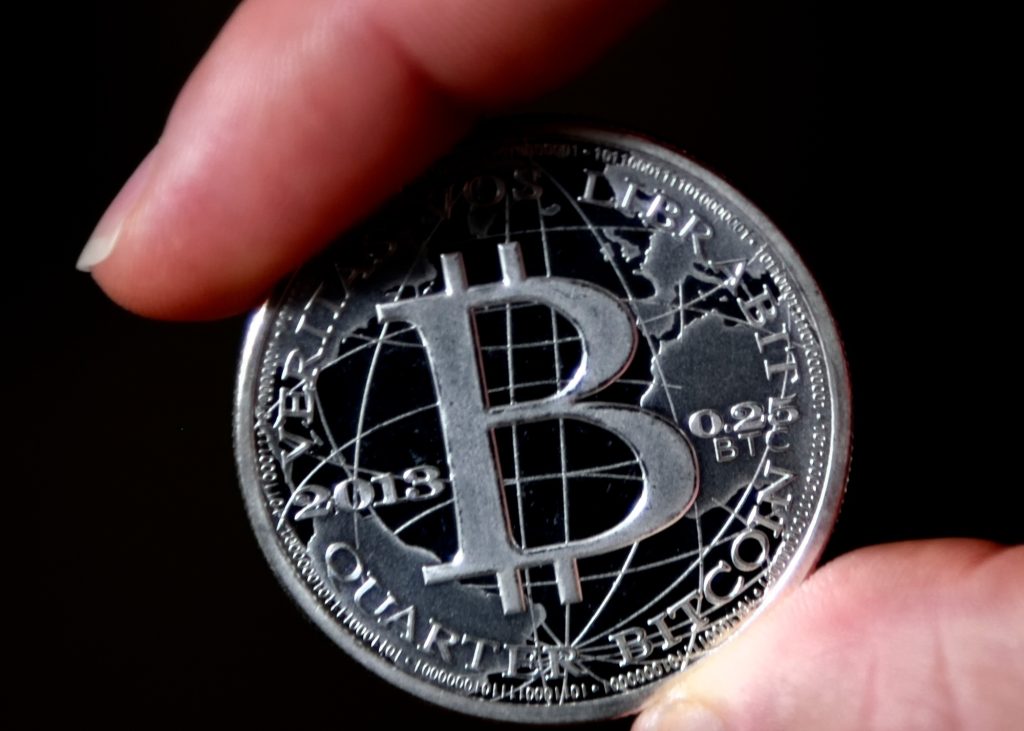Author
Published
Category
oneprobl4ckMild
August 19, 2024
Articles
📚 Basic Dictionary of Cryptocurrency Terms
The world of digital currencies has a language of its own. If you want to get closer to this ecosystem, it’s important to understand the most common terms used by novice investors and professional traders.
Here’s a quick guide to the keywords you need to know when you start trading and investing in cryptocurrencies.
🔹 BASIC TERMS
🔗 Blockchain
It is the technology behind cryptocurrencies. It is a decentralized digital ledger where all transactions made on a network are recorded. It is immutable (it cannot be altered) and transparent, which ensures security and trust without the need for intermediaries.
Example: Bitcoin uses the blockchain to record every transaction that takes place on its network.
💼 Wallet (Digital Wallet)
It’s where you store your cryptocurrency. It can be an app, a physical device (cold wallet) or even a printed document (paper wallet). Each wallet has a public key (like your account number) and a private key (like your password, which no one needs to know).
Types: Hot Wallets (internet-connected), Cold Wallets (offline), Mobile Wallets, Hardware Wallets.
💸 Fiat
It refers to traditional money issued by governments, such as the US dollar (USD), euro (EUR), Mexican peso (MXN), etc. In the world of cryptocurrencies, this term is widely used to differentiate them from digital currencies.


Cryptocurrencies / Crypto
Digital currencies that use cryptography to secure transactions and control the creation of new units. They are decentralized and operate on blockchain networks.
Examples: Bitcoin (BTC), Ethereum (ETH), Solana (SOL), Cardano (ADA).
🧾 Hash
A hash is a unique string of numbers and letters that represents a piece of data. In the blockchain, it is used to securely and uniquely identify transactions and blocks.
Usage: Each transaction has a unique hash that you can use to track it within the network.
📈 Bull Market
It refers to a period when prices are constantly increasing. Investors are optimistic and demand is high.
Symbol: Taurus (Strong Rise)
📉 Bear
Market A period in which prices fall for an extended period of time. Investors tend to sell and there is little confidence.
Symbol: Bear (Constant Fall)
🌊 Pump and Dump
This is the case where a group of people buy large amounts of a small cryptocurrency to artificially increase its price (pump) and then sell it quickly (dump), causing losses to other investors.
Warning: they are often promoted in fake Telegram groups or social networks.
😱 FOMO (Fear of Missing Out)
A term used to describe the feeling of fear of missing out on an opportunity to make a quick buck. It often leads to hasty decisions without doing prior research.
Example: Buying a coin just because “everyone is coming in.”
🧘♂️ HODL
Derived from a misspelling of the word “Hold,” it means holding your cryptocurrencies for a long time, regardless of market fluctuations.
Origin: It comes from a famous 2013 post titled “I AM HODLING.”
📊 Volatility
Measures how much the price of a cryptocurrency changes in a short period of time. Cryptocurrencies are highly volatile, which means they can rise and fall very quickly.
Importance: The higher the volatility, the greater the risk and potential for profit.
🧮 APY (Annual Percentage Yield)
Estimated annual percentage you will earn by staking or participating in DeFi. It includes the compound interest effect.
Example: If the APY is 10%, your funds will grow by 10% per year if there are no price changes.
🔹 ADVANCED TERMS (Introduction)
🛡️ Smart Contract
Smart contracts are automated programs that perform actions when certain conditions are met. They are used in blockchains such as Ethereum to create decentralized applications (dApps) and tokens.
Common use: loans, liquid loans, automatic exchanges on DeFi platforms.
🔄 Liquidity
This refers to the ease with which an asset can be converted into cash without affecting its price. A highly liquid currency can be bought or sold quickly.
Example: Bitcoin has high liquidity. Small currencies tend to have low liquidity.
🧑⚖️ KYC (Know Your Customer)
On many stock exchanges, it is mandatory to verify your identity before trading. It is part of the Anti-Money Laundering (AML) regulations.
Rug Pull
A common DeFi scam in which the developers of a project suddenly abandon the project and take investors’ funds with them.




Join 584700+ traders within

Sign up for our newsletter and we’ll keep you informed about upcoming webinars, news, events, and updates to our products.
Copyright © 2025 Capital Masters